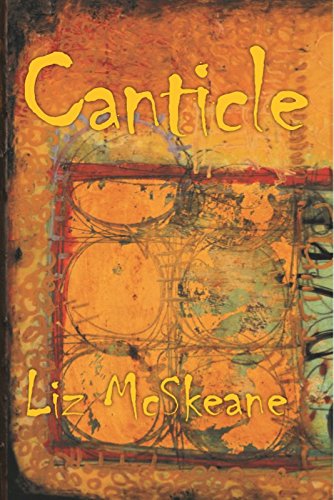Canticle
In 17th-century Spain, Fray Martin de Sepulveda is living in relative obscurity after a scandal nearly brought him unwanted attention from the Inquisition. Now, the Dominican friar and former University of Salamanca professor has been tasked with the job of investigating the life of San Juan de la Cruz (Saint John of the Cross), the 16th-century visionary and mystic. Fray Martin is expected to carry out his task in utmost secrecy, which is reinforced when Inquisition officials begin to take interest in his findings. Fray Martin begins to understand that his role is not simply to research the life of San Juan, but to uncover hidden secrets that go back centuries, winding a tangled web of carefully constructed propaganda and lies that threaten the very foundation of Fray Martin’s beliefs.
I cannot believe Canticle is a debut novel. It is stunning! The characters, every one of them, have depth and life. The scenery and descriptions jump off the page and create a synthesis of Renaissance life that is so vivid that coming back to 21st-century life is jarring. The central theme of what truth is, both in politics and within the Church, remains so relevant today that this is a difficult novel to put down, though it is not a quick read. The complexity of the politics involved, the careful layering of the plot and the unfolding events, make this a novel that you will want to savor, not rip through in one or two sittings. Interestingly, though the setting and times are different, I was often reminded while reading of Umberto Eco’s The Name of the Rose, in part because of the intricate ways the plot twists around itself, and partly because of the beauty of McSkeane’s prose. Quite simply, she writes beautiful words. Very highly recommended.










